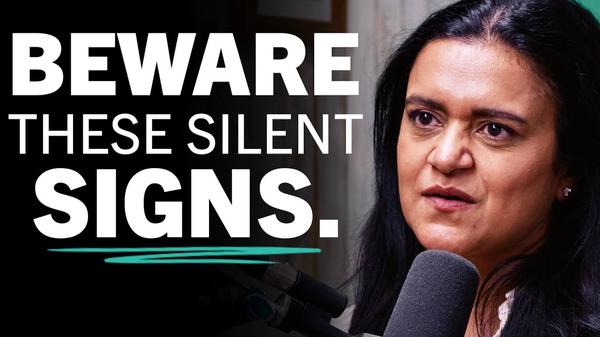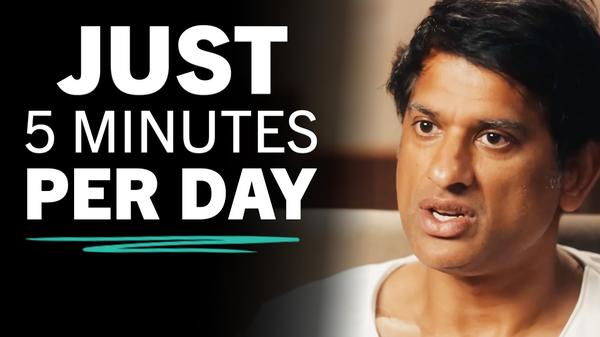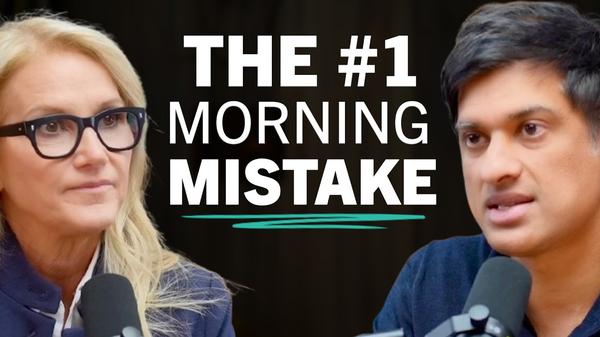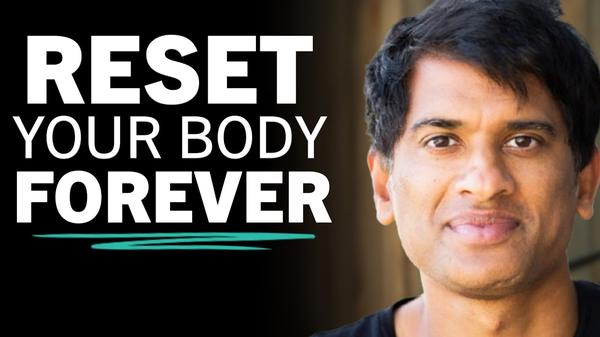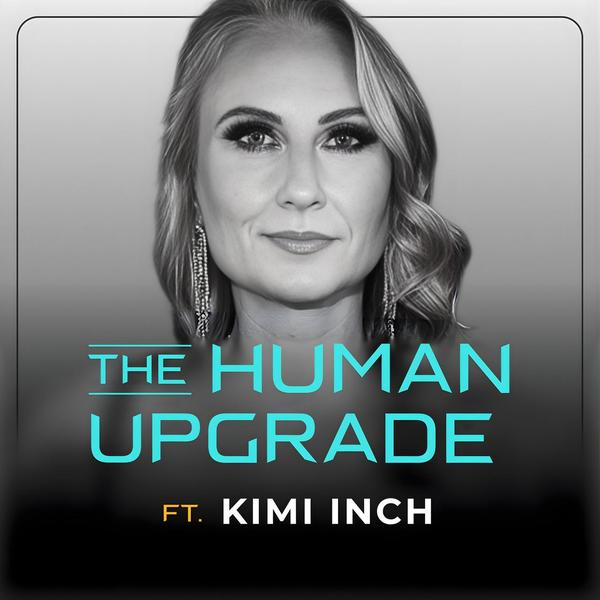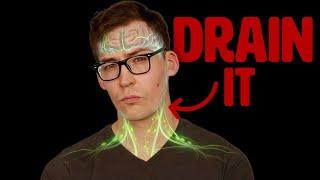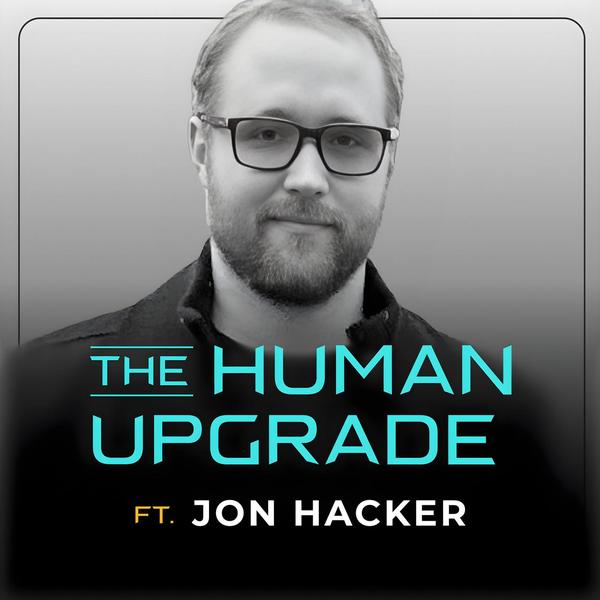
Neuroscientist Reveals The Truth About Memory & How We Can Remember Better | Charan Ranganath
Rangan Chatterjee
Apr 17, 2024
Mindsip insights from this episode:
Utilize psychedelics to revise traumatic memories
Psychedelic psychotherapies, like MDMA for PTSD, may work by allowing you to retrieve memories from a profoundly altered perspective and revise them due to enhanced brain plasticity.
Recognize aging as a transition to wisdom-sharing role
The long post-reproductive human lifespan may have evolved for elders to pass on accumulated wisdom, a change in function rather than a simple decline.
Distinguish between memory and emotion in brain mechanisms
The brain mechanisms for remembering what happened are different from the brain mechanisms responsible for the feelings associated with that memory.
View memory as a painting shaped by perspective
Memory is much more like a painting than a photograph because it combines elements of truth with errors and an interpretation based on our perspective.
Revise memories with each recall to reshape your past
Every time we revisit a memory, we are almost updating it and subtly changing it, rather than accessing a fixed recording of the past.
Unlock dormant memories with the right cues
We have dormant memories that are inaccessible until the right cue, like a song or a smell from the past, provides the key to unlock them.
Establish event boundaries to enhance time perception
A lack of distinct 'event boundaries,' like during the pandemic lockdowns, can lead to a collective amnesia where a long period of time feels like one big blur.
Engage in novel experiences to enhance memory retention
Experiencing something novel and stimulating can rescue otherwise forgettable memories for things that happened right before the new experience.
Transfer gut microbiome to reveal memory impact of diet
In a rat study, transferring the gut microbiome from a rat on a high-sugar diet to a healthy rat caused the healthy rat to develop memory problems.
More from
Rangan Chatterjee
Neuroscientist: If You’re Feeling THIS, You’ve Lost Touch With Your True Self
Neuroscientist: If You Feel THIS, You're Living the Wrong Life (Unlock The One You're Meant For)
The 5-Minute Morning Habit That Transformed My Health, Happiness & Marriage
If You Struggle to Sleep, Start Doing THIS Every Morning
The Only 3 Rules You Need to End Cravings & Reset Your Body
You also might be interested in
The Hidden Damage That Happens "Behind-The-Scenes" In The Adult Entertainment Industry, With Former Adult Actress Felicity Feline
How to Set & Achieve Goals | Huberman Lab Essentials
The Science of Erotic Altered States | Biohacking Sex
Drain your Brain, Protect it from Alzheimer’s Disease
I Tried At-Home Ultrasound for My Brain


